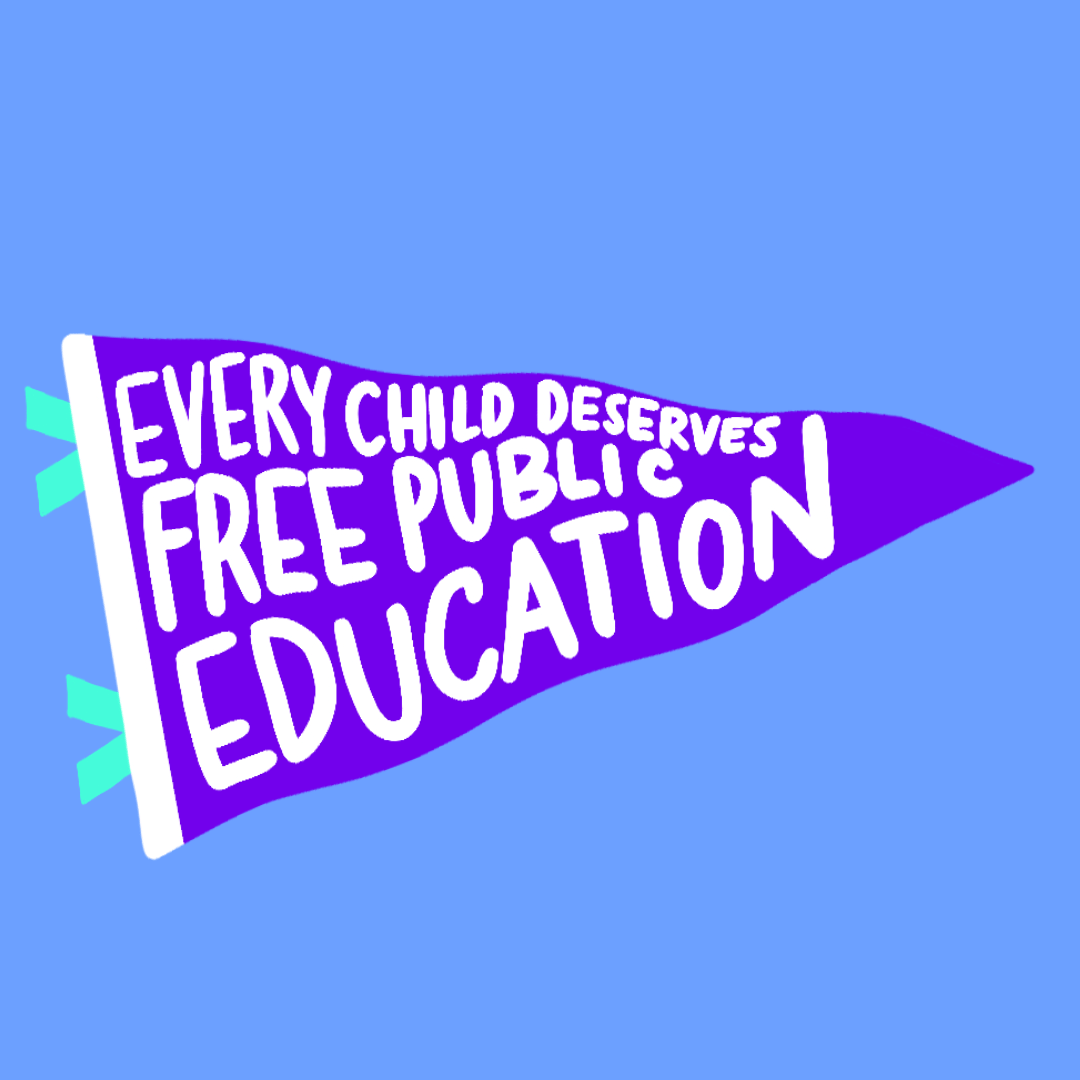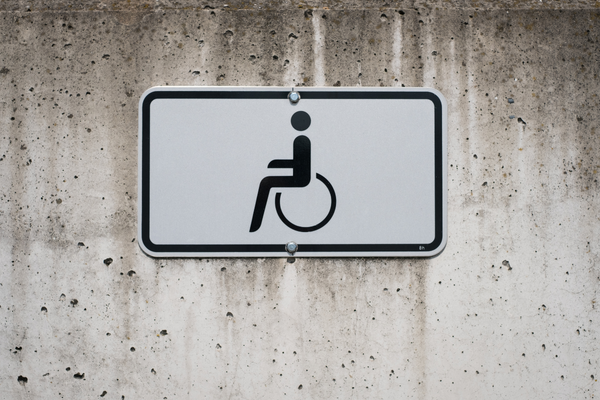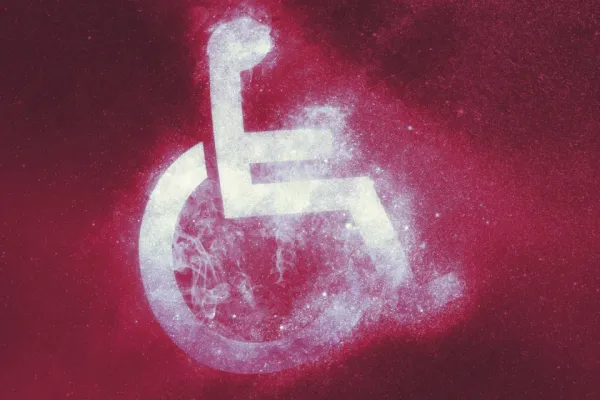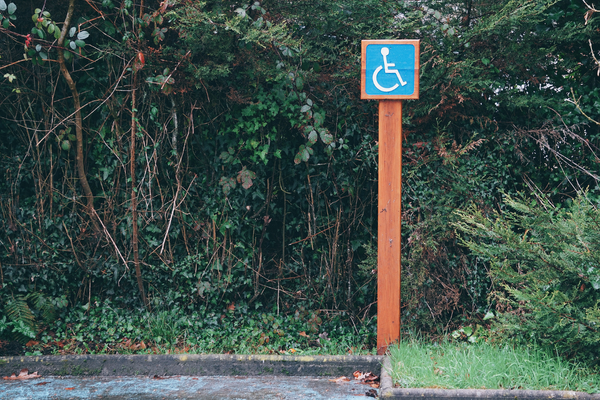5/7/25 - Willowbrook, helping, and accessible gaming
If we're not all careful, we very easily could "go back."


As I finish up today's newsletter, it's about 15 minutes until the start of the Medicaid vigils in Washington, DC that were highlighted in yesterday's edition. So if you want to tune in now, here it is ...
‘Never go back!’ Hundreds united on Staten Island for 50-year celebration of Willowbrook State School closure decree
Claude Solnik, AMNY - May 4, 2025
"Those gathered at the May 2 event also spoke of the need for continued vigilance amid possible cuts to services for the disabled, but also as much about progress as the pain that preceded it ... Someone in the audience shouted, 'Never go back,' which seemed like a rallying cry among those fighting to move forward and not forget."
The closure of Willowbrook State School, a large residential institution on Staten Island, New York that warehoused disabled people in terrible conditions, is an important moment in disability history. It went further than just closing one especially bad institution. The scandal of Willowbrook moved forward the idea, still fairly new in the mid-1970s, that congregate care facilities are an inherently bad way to "care" for people with disabilities. These kinds of facilities tend to encourage abuse and neglect. And by definition, they regiment and restrict disabled people's lives, even when there's no outright abuse. So it feels especially important to mark this anniversary at a time when budgets for home-based care – the most important alternative to Willowbrook-style care – are under threat in the U.S. If we're not all careful, we very easily could "go back."
HOW TO HELP WITHOUT ENABLING: A LESSON FROM ONE DISABLED PERSON TO ANOTHER
Nathasha Alvarez, Audacity Magazine - April 1, 2025
"It was a full-on victim mentality, and it drained the energy of anyone around her ... Somehow, it was always someone else’s fault. The system. The family. The ex. The economy. The weather. But never her. Never her choices. Never her lack of follow-through."
I don’t claim to be unbiased in this newsletter. But I do try to present a variety of perspectives on disability issues here, including ideas and beliefs that I disagree with or that I struggle with. Presenting explicitly diverse political views is one thing – like sharing an article that favors cutting Medicaid, or defends the practice of paying disabled people sub-minimum wage. But this piece by the publisher of the disability-centered Audacity Magazine, is challenging in a more subtle way. There's nothing in it I disagree with specifically. But the theme of resisting and discouraging “victim mentality“ goes against the grain of how I usually view disability issues and disabled people’s experiences. I, too, have often become frustrated by disabled people who seem to refused to even try to get our of their bad situations, or who seem to carry a permanent aura of hopelessness that in turn negatively affects their prospects. But what if you're disabled and work harder, or take another job opportunity to get out of debt, only to lose Medicaid because you have earned too much, and then lose the home care that enables you to work in the first place? What if you do everything you're supposed to do to get ahead, solve each problem in a positive, practical way, but encounter nothing but negativity and abuse from your own family? Where is the balance between having a positive attitude and personal resilience, and dealing with the very real barriers that are beyond your personal control? These are vexing questions. But that's what makes them interesting and important. What do you think? Share a comment!
Accessibility in games
Kristian, The Accessibility Apprentice - April 15, 2025
"... in March 2025, Electronic Arts, Google, Microsoft, Sony, Nintendo, and others announced the formation of the Accessible Games Initiative: a project designed to help users identify accessibility features in video games with a series of unified tags, like “text-to-speech” or “playable with mouse only”. The tags, available for all to use, are intended, among other things, to inspire developers to keep accessibility in mind while working on their games."
I'm not a gamer. The most sophisticated game I have played for any length of time over the last 20 years or so is the original Angry Birds. And I was able to play that without any disability-related adaptations. So it's good for me to read a piece like this that explains how accessibility works in video games today, and how the field has and hasn't progressed.
Please give a thumbs up, thumbs down, and / or comment on this newsletter down below. And do share it with any others who you think might be interested.

Action Alerts
Opportunities to take action on disability issues ...



Disability Thinking Weekday is a Monday-Friday newsletter with links and commentary on disability-related articles and other content. Please like, share, comment, and subscribe — for free, or with a paid subscription. A free subscription brings a newsletter to your email each weekday, and gives you access to Comments. Benefits of paid subscription include:
- A monthly recap with links to all of the previous month's shared articles, organized by topic.
- Listing as a supporter, and a link to your website if you have one.
- You can recommend one disability-related article for me to share per month in a weekday post.
To to subscribe, or check and change the status of your subscription, click this button:
I am so grateful for your help and engagement, in whichever forms you choose!






